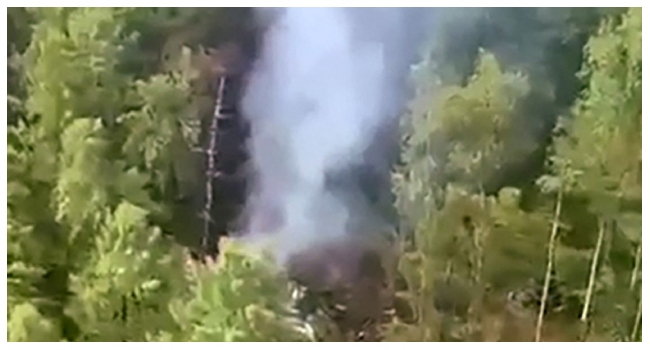By Ayomide Otitoju
The United Nations has sounded the alarm over Myanmar’s worsening displacement crisis, reporting that more than 3.5 million people have been forced from their homes due to escalating armed conflict an increase of 1.5 million compared to the previous year.
In a statement released on Friday, the UN Office for the Coordination of Humanitarian Affairs (OCHA) warned that the humanitarian emergency in Myanmar could intensify in the coming months. The crisis stems from ongoing violence between ethnic rebel groups and the military, which has gripped the nation since a 2021 coup. While such conflicts were historically confined to border regions, fighting has now spread across the country, affecting nearly all areas.
OCHA estimates that as of December 16, more than 6% of Myanmar’s population of 57 million is displaced, with a third of the uprooted being children.
“This represents a staggering rise of nearly 1.5 million internally displaced persons compared to a year ago,” the statement noted, citing the devastating effects of “air strikes, drone attacks, artillery shelling, raids, and arbitrary arrests” as key drivers of the crisis.
Dire Projections for 2025
The UN issued a grim forecast for the year ahead, warning of “an unprecedented humanitarian crisis fueled by escalating conflict, natural disasters, disease outbreaks, landmine contamination, and economic collapse.”
“If these trends persist, the humanitarian situation will deteriorate further, leaving millions in urgent need of assistance,” the agency cautioned.
The UN estimates that 19.9 million people — over one-third of Myanmar’s population — will require humanitarian aid in 2025. To address the growing need, OCHA has launched a $1.1 billion funding appeal aimed at delivering life-saving support to 5.5 million people. However, such appeals have often struggled to secure adequate funding.
A Call for International Action
With no signs of a resolution to the conflict, Myanmar’s displacement crisis continues to spiral, leaving millions in desperate need of international support. OCHA emphasized the urgency of global solidarity, stating that sustained assistance and funding are critical to preventing further human suffering in the months to come.












